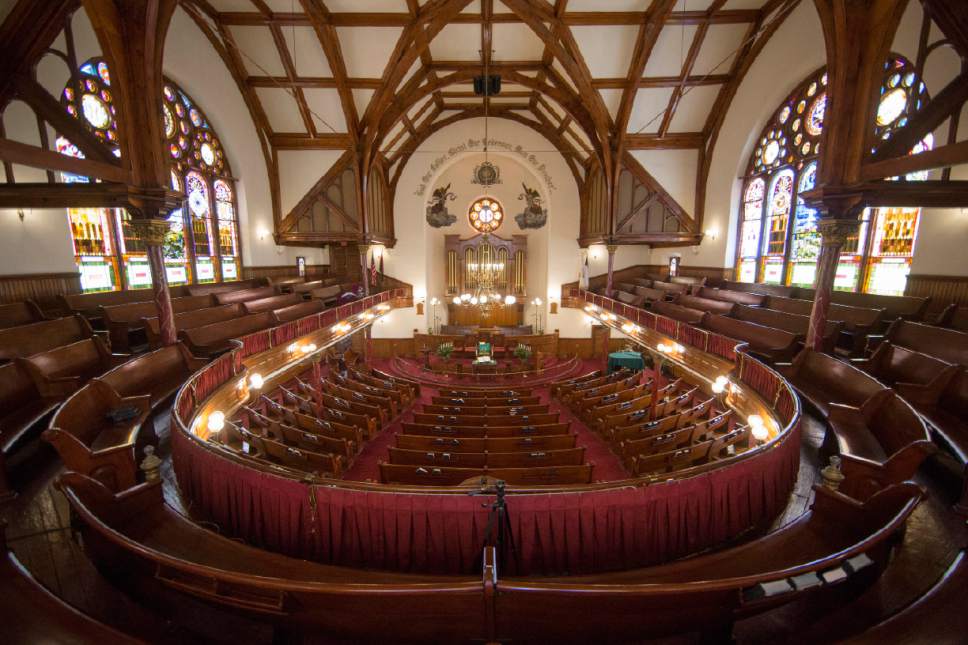Why Most People Leave Religion? They Just ‘stop Believing’
By Kimberly Winston
It's bad news for organized religion: A majority of the religiously unaffiliated — the so-called "nones" — say they fell away from faith not because of any negative experience, but because they "stopped believing," usually before age 30. Gloomier still for religion is this: Nones make up 25 percent of the American population, making them the single largest "faith group" in the U.S., ahead of Catholics (21 percent) and white evangelicals (16 percent). And only a fraction — 7 percent — say they are looking for a religion to belong to at all. Those are among the more salient findings of a new study of the religiously unaffiliated conducted by the Public Religion Research Institute. The study challenges the assumption that the unaffiliated are leaving religion because they are offended by religious institutions' treatment of gay and lesbian people or clergy sex abuse scandals, said Daniel Cox, PRRI's research director. "Those things matter," he said, "but they are dwarfed by this central idea that people no longer believe in religious teachings." Even the study's title is a downer for the devoted — "Exodus: Why Americans Are Leaving Religion — and Why They Are Unlikely to Come Back." Here are some of the central findings of the survey of 2,201 adults that was conducted in late July and early August and has a margin of error of plus or minus 2.5 percentage points. • Only 18 percent of nones say "religion is important in their lives," and only 40 percent say they are "moderately spiritual." The majority of the unaffiliated — 53 percent — describe themselves as neither religious nor spiritual. • Nones do not generally leave religion due to negative experiences. Sixty percent said they simply "stopped believing" in their childhood religion, while 32 percent cited their family's lack of religious commitment. Less than a third — 29 percent — said negative religious teachings about gays and lesbians was important to why they left their childhood religion and 19 percent cited the clergy sex-abuse crisis. • Most nones still believe in God — 22 percent say God is a "person," while 37 percent see God as "an impersonal force." • One in five nones say a belief in God is "necessary" to morality. But the study, released Sept. 22, is full of interesting contradictions, too. While only a fifth of all nones say morality is fostered by belief in God, one in three believes children should be raised in a religion to learn "good values." And while a third of all nones say they do not believe in God, only a fraction — 13 percent — accept the label "atheist." "There is still stigma attached to the word 'atheist,' " Cox said. "I think there is a disinclination to claim the label if they are nonbelievers who just don't think about religion all that often." The study attempts to further define nones by dividing them into three subgroups — the "Rejectionists," the "Apatheists" and the "Unattached Believers." The Rejectionists are the largest group, at 58 percent of all nones, and agree that religion is "not important" in their lives and "does more harm than good." Apatheists — 22 percent — say religion is not important to them, but isn't harmful to society, while Unattached Believers — 18 percent — say religion is personally important to them. None of these findings surprises Elizabeth Drescher, a Santa Clara University adjunct professor. In researching her book "Choosing Our Religion: The Spiritual Lives of America's Nones," Drescher found the religiously unaffiliated seldom mentioned negative experience with religion. "The way religious education and formation is set up in mainline and Catholic churches parallels high school," she said. "Once you graduate from it, you got it. You know, don't be a jerk, do unto others, and nones just kind of get bored with it and move on."
|
.
Any original material on these pages is copyright © BishopAccountability.org 2004. Reproduce freely with attribution.
